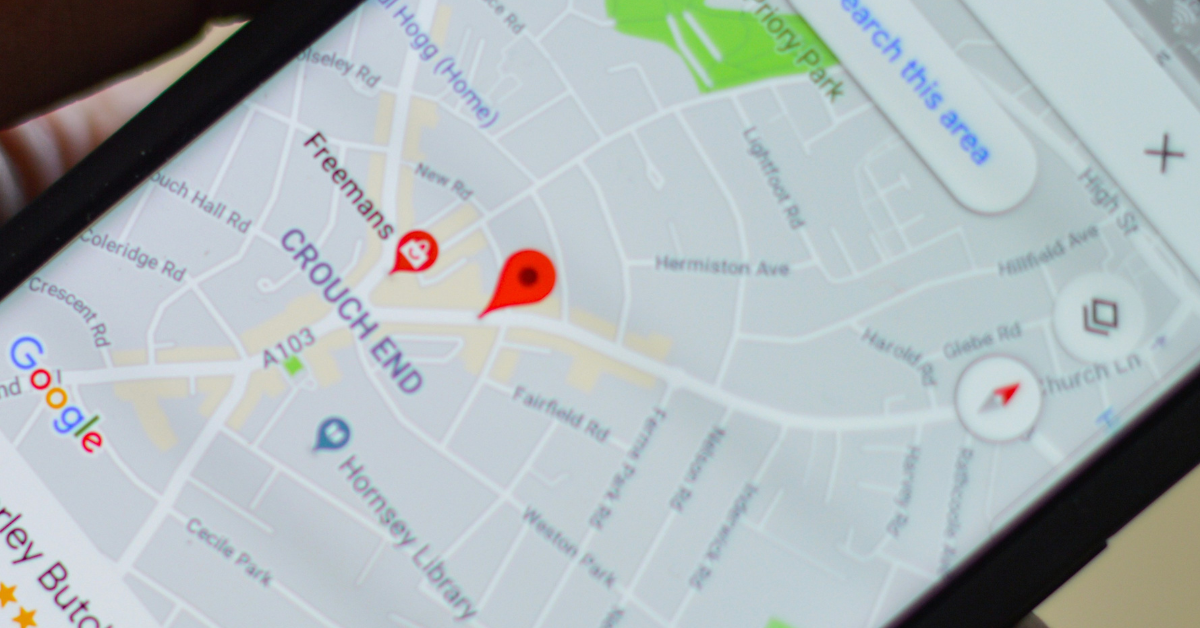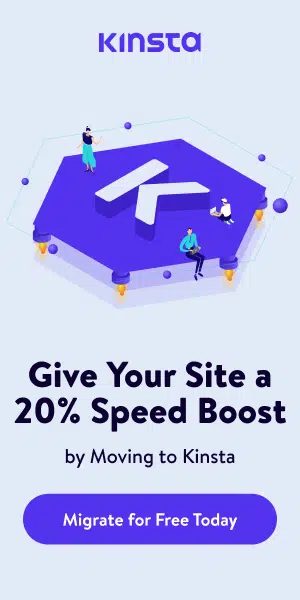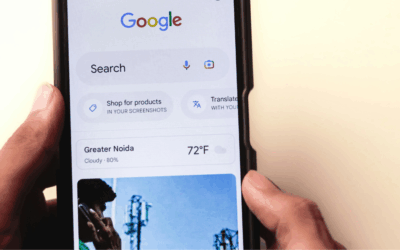Feeling overwhelmed by SEO costs? You’re not alone. Many small business owners believe ranking in Google search results requires a huge budget, but that’s not the full story. Search engine algorithms reward strategy and consistency more than spending. With the right digital marketing strategy, you can optimize your web pages, choose relevant keywords, and build a smart link building strategy that drives real results.
As a Marine veteran and SEO expert, I know how to use discipline and proven SEO tips to turn effort into impact. From conducting keyword research to improving your page’s content and online visibility, there are free tools and affordable tactics that bring in more visitors and organic traffic.
A good small business search engine optimization strategy doesn’t rely on Google Ads or expensive agencies. It’s about optimizing SEO across multiple pages, creating relevant content, and understanding what your customers are searching for. Let’s break down how small business SEO can help you show up higher in search queries, reach the right audience, and build sustainable growth without breaking the bank.
What SEO Really Means for Small Business Owners
In simple terms, search engine optimization (SEO) is the process of improving your website so that it shows up more often in search engine results. When customers search for products or services like yours on Google, you want your business to be one of the first they see. That increased online visibility drives organic traffic; visitors who find you naturally, not through paid ads.
Many business owners think SEO is a high-cost game, but that’s a myth. It’s not about spending big; it’s about using smart tactics and leveraging powerful free tools. Platforms like Google Search Console and Google Analytics give you all the data you need to understand how your site is performing and where you can make improvements.
Building an SEO Strategy That Actually Works
A strong SEO strategy is built on a few core pillars. It’s a methodical process that, when done consistently, produces significant long-term growth.
Looking for an experienced Wordpress Development company?
Here are the key elements:
- Keyword Research: You need to know what words and phrases your potential customers are typing into Google. Tools like Google Keyword Planner help you identify these target keywords.
- Relevant Content: Once you know your keywords, create high-quality content (like blog posts, service pages, and FAQs) that answers the questions your audience is asking.
- Page Structure: Clean, clear organization matters. Every page should have a unique title tag, meta description, and a simple page URL that tells search engines what the content is about.
- User Experience: Your website must be fast and easy to use, especially on mobile devices. Improving page speed and ensuring mobile optimization are critical for keeping visitors engaged.
At my agency, we use data directly from Google Search Central to stay ahead of algorithm updates. This ensures our strategies are always aligned with what search engines value most.
Local SEO: Helping Customers Find You Fast
For most small businesses, local customers are your lifeblood. Local SEO is the practice of optimizing your online presence to attract more business from relevant local searches. When someone nearby searches for “coffee shop near me” or “plumber in [Your Town],” you want to be at the top of the list.
Key components of local SEO include:
- Google Business Profile: This is your most important local SEO tool. A complete and optimized profile with photos, accurate hours, and positive reviews can significantly boost your visibility.
- Local Listings: Ensure your business name, address, and phone number (NAP) are consistent across all online directories like Yelp, Thumbtack, and industry-specific sites.
- Google Maps Visibility: A strong local SEO presence helps you appear prominently on Google Maps, guiding customers directly to your door.
We recently helped a local contractor who was struggling to get leads online. By optimizing their Google Business Profile and building out local directory listings, we increased their website traffic from local search by over 200% in just three months.
On-Page SEO: Getting Your Website in Shape
On-page SEO refers to all the optimizations you make directly on your website to improve its ranking. Think of it as getting your house in order before inviting guests over. It makes your site more attractive to both users and search engine crawlers.
Here are some on-page SEO best practices:
- Optimize Headings and Meta Descriptions: Use your target keywords in your H1, H2, and H3 headings, as well as your meta descriptions, to signal relevance to search engines.
- Use High-Quality Images: Optimize images by compressing them for faster loading and using descriptive alt text. Alt text helps search engines understand what an image is about and improves accessibility.
- Internal Linking: Link to other relevant pages on your website to help search engines discover your content and keep users engaged longer.
- Fix Broken Links: Regularly check for and fix broken links, as they create a poor user experience.
- Keep Content Clear and Structured: Use short paragraphs, bullet points, and a clear hierarchy to make your content easy to read, especially on mobile devices.
Technical SEO elements also play a role. Web crawlers need to be able to find and index your pages easily. Issues like duplicate content can confuse search engines and hurt your rankings, so it's important to keep your site technically sound.

Photo by ZBRA Marketing on Unsplash
Off-Page SEO: Building Trust and Authority
Off-page SEO involves actions taken outside of your own website to impact your rankings within search engine results pages. It’s all about building your website’s credibility and authority. When other reputable websites link to or mention you, Google sees it as a vote of confidence.
Key off-page SEO techniques include:
- Link Building: Earning links from other websites is a cornerstone of SEO. This can be done through guest blogging, creating valuable resources others want to share, or getting featured in local news.
- Social Media: An active social media presence can drive traffic to your site and generate brand mentions, which contribute to your online authority.
- Online Reviews: Positive reviews on Google, Yelp, and other platforms build trust with both customers and search engines.
Our approach focuses on ethical and sustainable off-page SEO. We avoid risky shortcuts and instead build genuine credibility that stands the test of time.
Tracking SEO Success with Google Analytics
How do you know if your SEO efforts are working? You measure them. Google Analytics and Google Search Console are essential for tracking your progress. They provide a wealth of information on your site’s performance in organic search results.
Key metrics to watch include
- Keyword Ranking: Track where your site ranks for your most important keywords.
- Organic Search Traffic: Monitor the number of visitors finding your site through search engines.
- Bounce Rate: This metric shows the percentage of visitors who leave your site after viewing only one page. A high bounce rate may indicate that your content isn't relevant to their search.
- Conversion Rate: This is the percentage of visitors who complete a desired action, such as filling out a contact form or making a purchase.
At Priceless Consulting, we provide our clients with transparent dashboards that make it easy to track progress and see the direct impact of our work.
Common SEO Mistakes Small Businesses Make
Many well-intentioned business owners make a few common mistakes that hold back their SEO performance.
- Ignoring Mobile Optimization: Over half of all web traffic comes from mobile devices. If your site isn’t mobile-friendly, you're losing customers.
- Using the Wrong Keywords: Targeting keywords that are too competitive or not relevant to your business is a waste of time and effort.
- Forgetting About Local Search: If you have a physical location or service area, neglecting local SEO is a huge missed opportunity.
- Overlooking Technical Optimization: A slow site or broken links can undo all your other hard work.
The good news is that these mistakes are fixable. A quick website audit can identify these issues and put you on the path to better results.
Why Partner With a Veteran-Owned Digital Agency?
The discipline, integrity, and mission-focused mindset I learned in the Marine Corps are the foundation of my business. We bring that same dedication to every client project. We believe in transparent pricing, affordable SEO costs, and strategies driven by data, not guesswork.
We treat every business as a mission. Your goals become our objectives, and we don't stop until the mission is accomplished. You can trust us to deliver on our promises with precision and a relentless work ethic.

Final Takeaways | Small Business Search Engine Optimization
A smart, consistent SEO strategy is one of the most powerful investments you can make in your business. It leads to more visibility online, a steady stream of qualified visitors, and more potential customers discovering what you offer.
Remember, effective SEO doesn’t need to be complicated or expensive. It just requires a clear strategy, consistent effort, and a partner who is as committed to your success as you are.
Ready to grow your traffic and attract customers who are already searching for what you offer? Schedule your free consultation today and let’s build your digital success story together.







